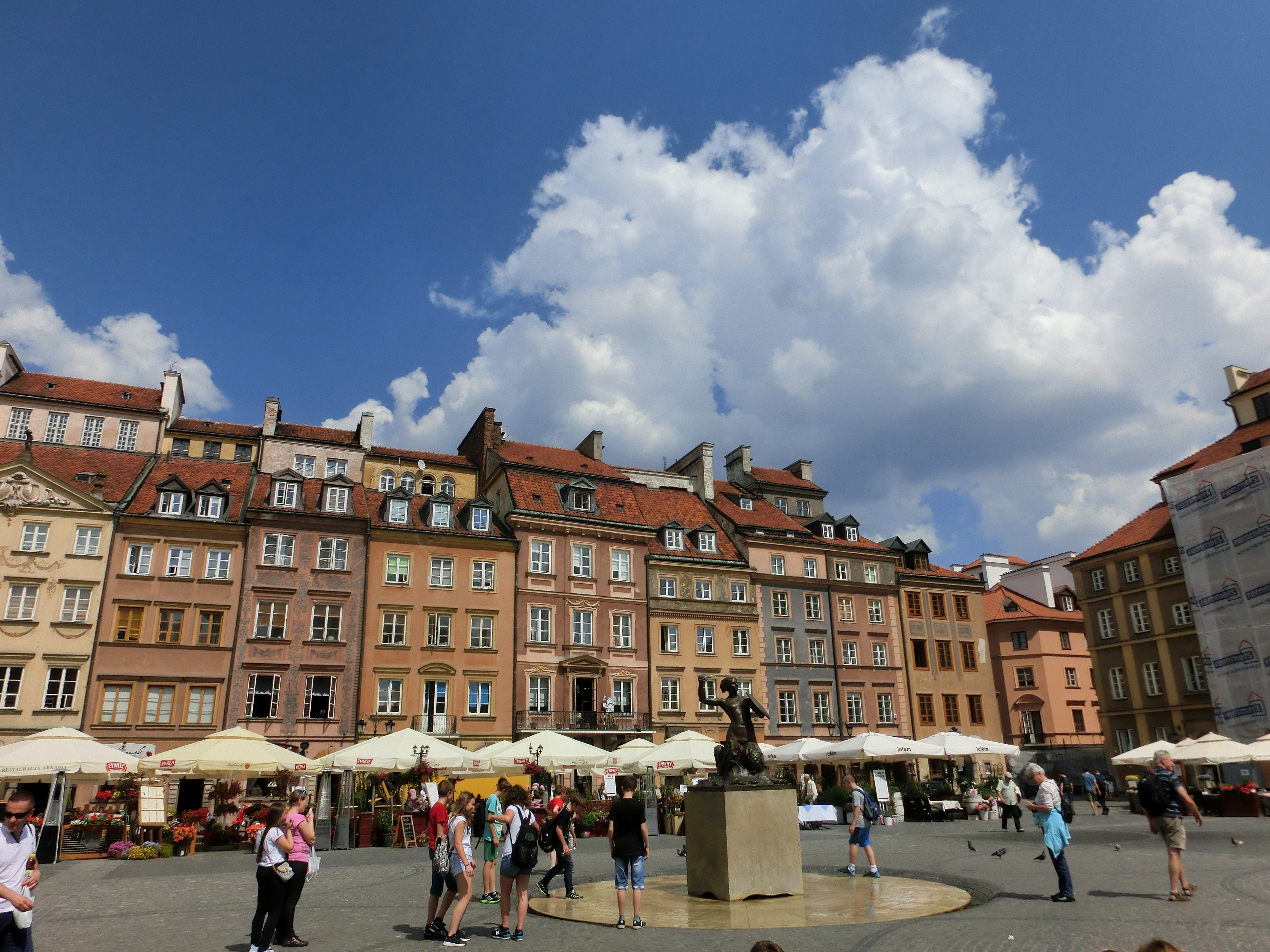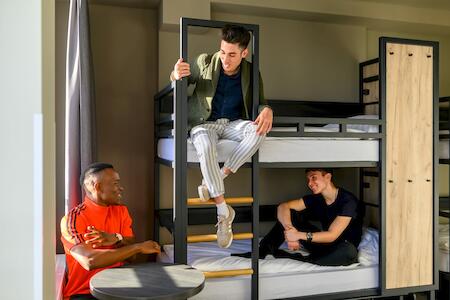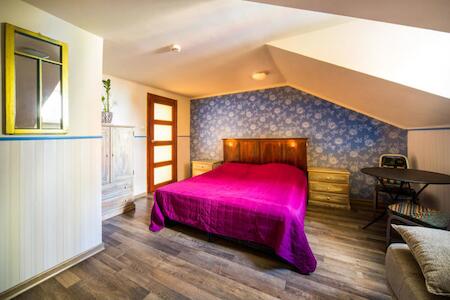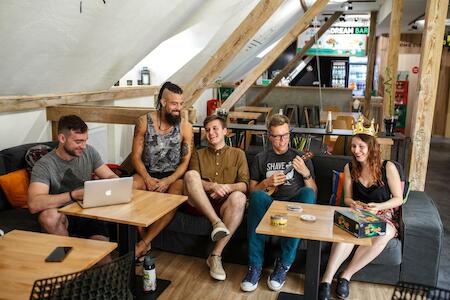Looking for budget stays in Warsaw? This section is designed to save you time, money, and unnecessary stress. We've got insider tips to help you find affordable hostels and the cheapest places to stay in Warsaw.

Poland’s modern capital of Warsaw is an amazing example of the extent of post-war rebuilding in Europe, and is a city that has embraced all aspects of its past as well as its future. Whether you are interested in seventeenth-century architecture or the horrors of the Second World War, Warsaw is sure to have something for everybody.
There is a wide range of Warsaw hostel choices, although by far and away the most desirable area to stay in is Stare Miasto (Old Town) or Nowy Swiat (New World, a trendy shopping street full of restaurants and cafes). Both areas are fairly lively but retain a degree of picturesqueness, something that is lacking in other, more modern, quarters of the city. Destroyed by the Germans in World War II, Warsaw was carefully rebuilt -- the square in the Old Town is a painstaking replica of the original, and the work on the nearby Royal Palace was only finished recently.
Regardless of where your Warsaw hostel is located, an excellent metro, bus, and tram system connects all the major neighbourhoods of Warsaw, and there are good connections to both Warszawa Centralna railway station and Chopin airport. Tickets for the bus and tram are not sold on board, and must be bought either from machines at transport stops or at nearby kiosks before you travel. Passes that are good for all modes of transportation are available from multilingual machines in metro stations. If you do buy tickets, don’t forget to validate them once on board the bus or tram!
Although there are a number of restaurants on Nowy Swiat and in the Stare Miasto, these can be understandably a little pricy. If staying in these areas, try to find places that sell "zapiekanka" (so-called Soviet pizzas) or one of the rapidly disappearing "bar mleczny" ("milk bars," spartan and sometimes intimidating Soviet-style cafeterias).




